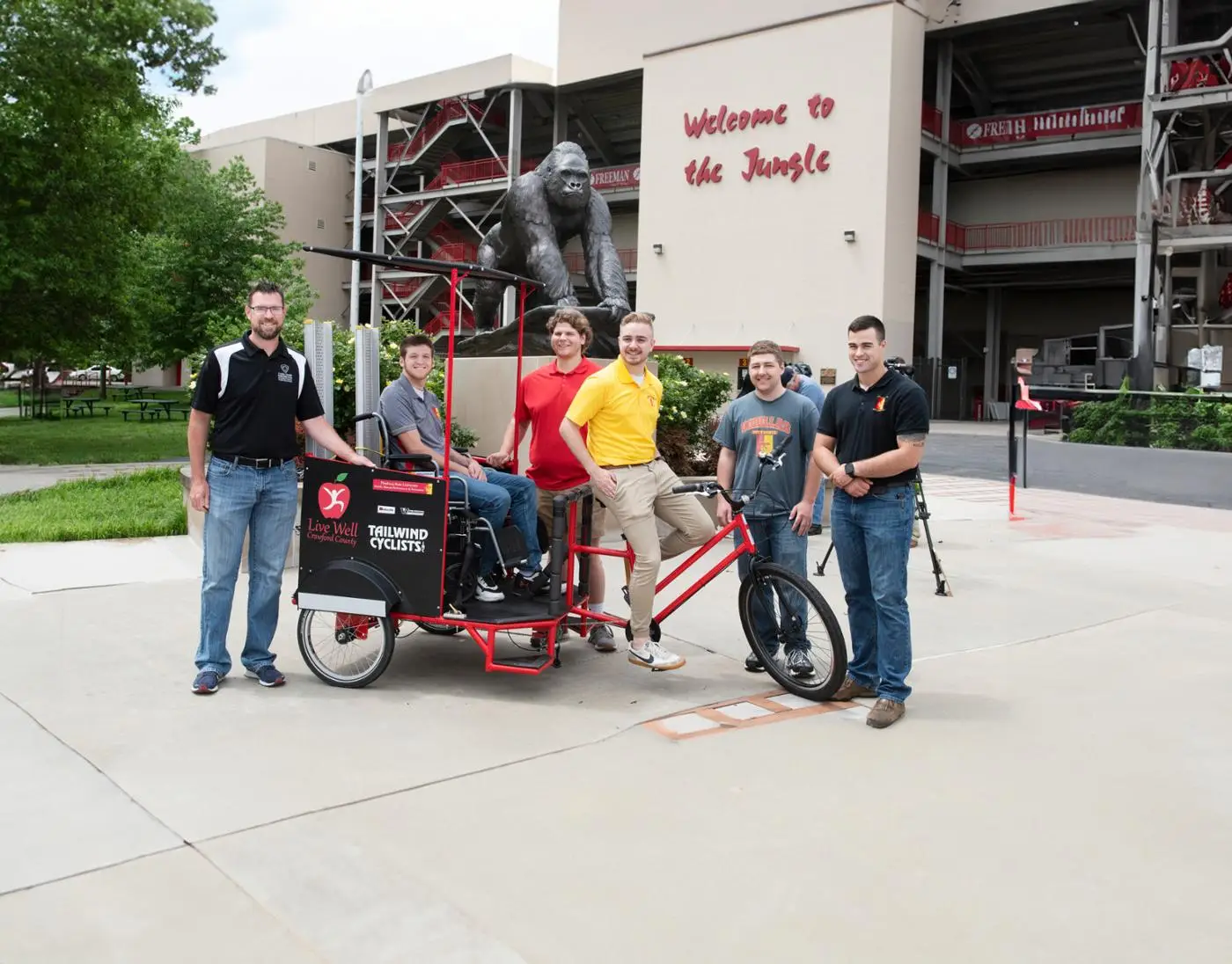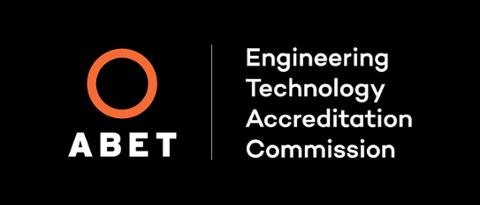Mechanical Engineering Technology Major
Develop expertise in the design and analysis of mechanical systems. Master cutting-edge tools and techniques to excel in precision machining.Specialized Labs
Students have access to state-of-the-art equipment and are exposed to several emerging technologies. Pitt State has a foundry for metal casting. Learn how to optimize production processes and enhance efficiency in manufacturing operations on equipment used in industry.
Comprehensive Curriculum
Our program focuses on designing and developing mechanical systems, where students excel in utilizing CAD software, simulation tools, and programming languages to craft detailed models and prototypes.
In the classroom, they actively engage in projects centered around circuit design, electronics, and automation. Additionally, our curriculum includes specialized courses that equip students with the skills required for designing and manufacturing plastic components and products.
Industry Partners
Collaborating closely with industry partners, our program facilitates internships, co-op experiences, and industry-sponsored projects. Students tackle real industry challenges, applying their skills in a professional environment.
Pitt State hosts multiple career fairs featuring prominent engineering companies, establishing meaningful connections with potential employers.
ABET Accredited
The mechanical engineering technology program is accredited by the Engineering Technology Accreditation Commission of ABET, https://www.abet.org, under the commission's general and specific program criteria for Mechanical Engineering Technology and similarly named programs.
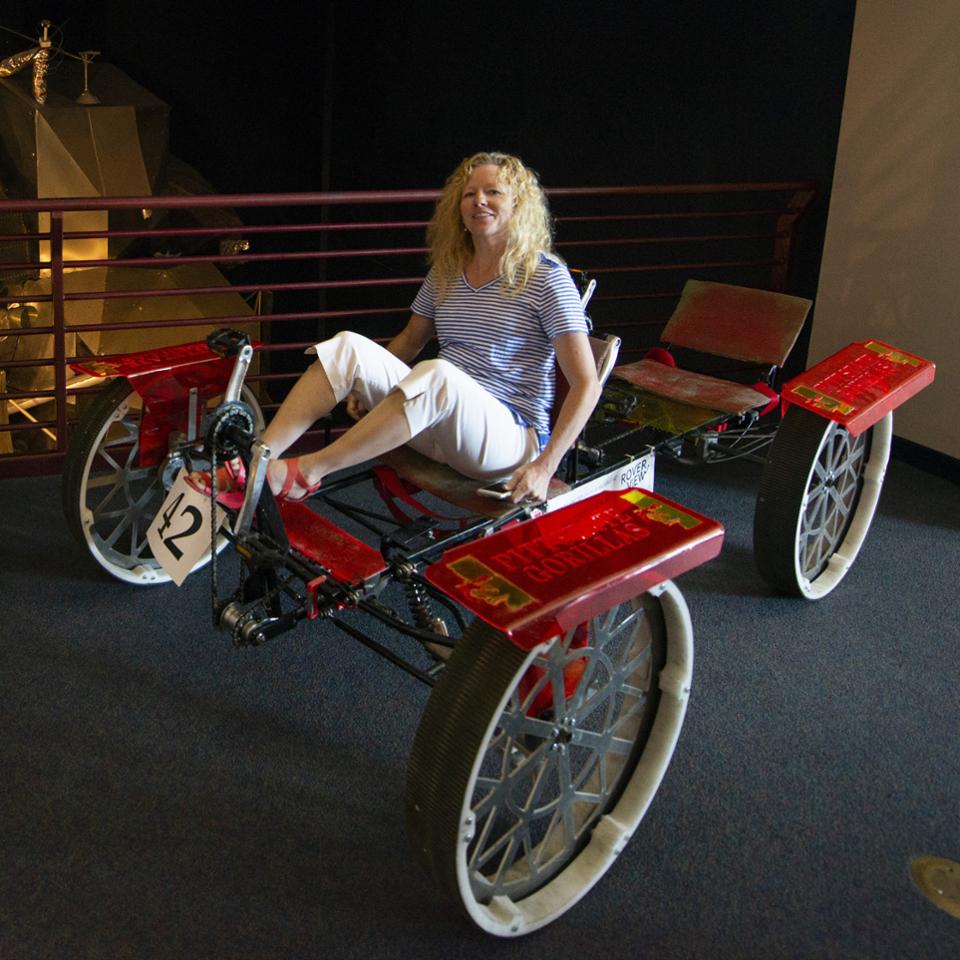
Senior students organize, plan, and execute projects mirroring industry practices. In past years, students have completed the NASA Human Exploration Rover Challenge.
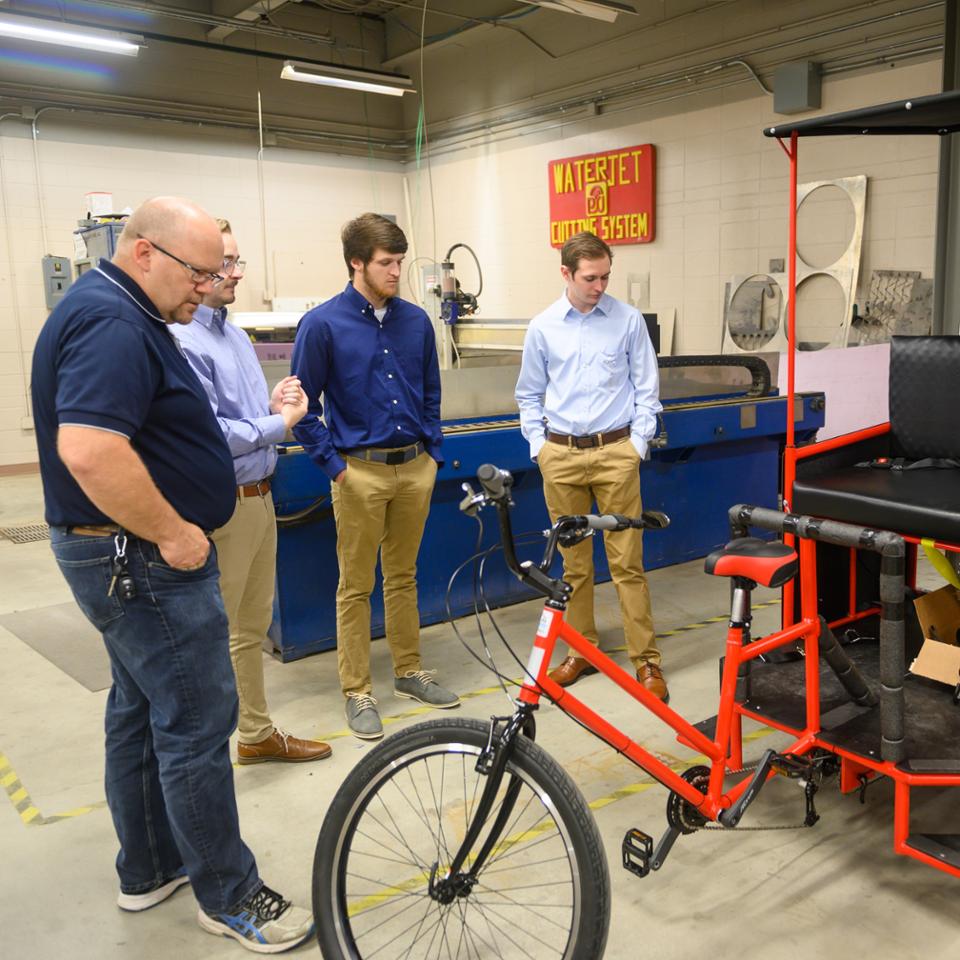
With decades of experience teaching and working in the mechanical engineering industry, our faculty are known for their expertise and commitment to student success.
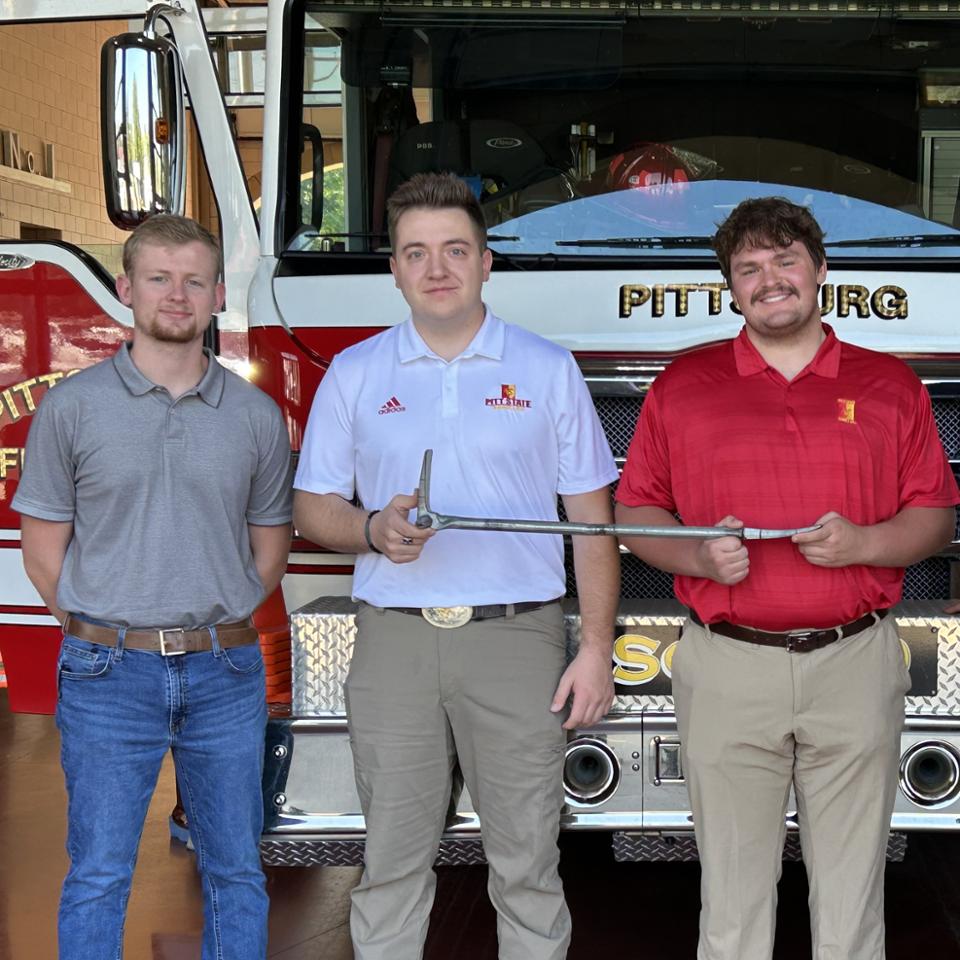
Cast in Steel Competition
The Cast in Steel competition challenges university students to use modern casting tools to creatively design. In past years, students have created African spears, Halligan bars, and more.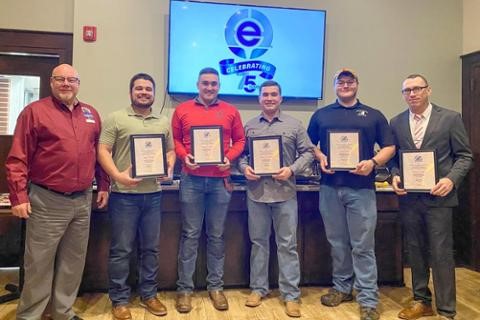
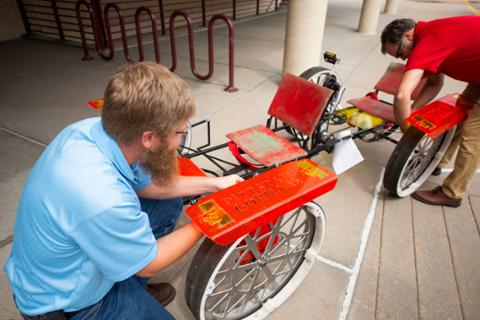
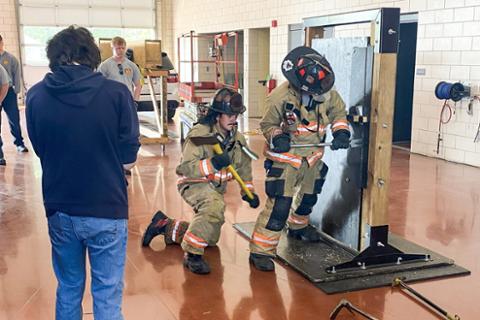
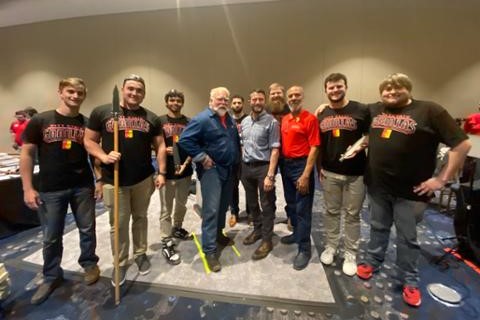
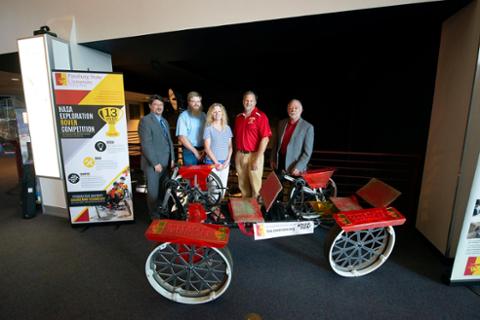
"I have worked with several engineers from other universities, and most of them say they wish their senior design project was more like PSU's as it would have taught them more."
Mindi Jones, Design Engineer and MECET alum
Mechanical Engineering Technology Careers
Through a comprehensive curriculum, students prepare for successful design, manufacturing, and operations careers. Graduates are well-equipped to take on positions such as:
-
Hardware Engineer Associate: Design and develop hardware components, ensuring their integration and functionality within electronic systems.
-
Manufacturing Engineer Associate: Streamline production processes, implement efficiency improvements, and optimize manufacturing systems.
-
Tool Designer: Create and design specialized tools to enhance manufacturing processes and improve production efficiency.
-
Quality Engineer Associate: Implement quality control measures, conduct inspections, and develop protocols to ensure product quality and reliability.
-
Test Engineer Associate: Develop and execute testing procedures to validate product performance, troubleshoot issues, and ensure quality standards.
-
Field Engineer Associate: Provide on-site technical support, troubleshoot engineering challenges, and ensure successful implementation of projects in the field.
-
Procurement Engineer Associate: Acquire materials and components, ensuring cost-effectiveness and adherence to engineering specifications.
-
Sustainment Engineer Associate: Oversee the maintenance and support of engineering systems, ensuring longevity, efficiency, and continuous improvement.
Diverse career prospects await in industries like manufacturing, telecommunications, energy, automotive, and aerospace. Many new graduates in technical fields can expect a typical salary range of $50,100 to $106,000.
Emphases available
Optimize production processes and design efficient tools. Students learn how to integrate computer technology in manufacturing processes to cut, shape, and produce precision components from raw materials.
Conceptualize, design, and optimize mechanical components. Students develop new products, using skills in dynamics, engineering graphics, and mechanical design.
Get hands-on experience in the maintenance, repair, and optimization of automotive technology. Students design and implement automation systems for automotive applications.
Use simulation software to model and analyze complex automation systems. In the classroom, configure and troubleshoot networked devices crucial for seamless operation in automated environments.
